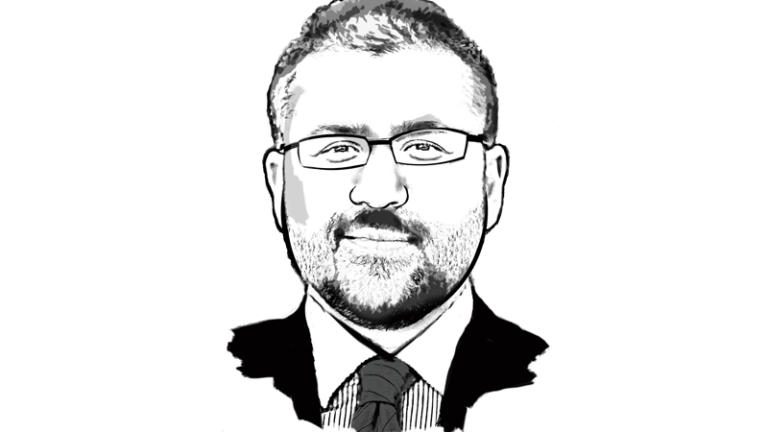
How to Be Happy? It May Be About Finding Purpose
Over time, many of us come to realize that we seek something beyond happiness in our lives.
In a way, promoting well-being is Varun Soni’s job. Soni is vice provost for campus wellness and crisis intervention and the dean of religious life at USC. He brings together the university’s spiritual and scholarly resources and provides moral and ethical leadership for USC. Here he shares his thoughts on the quest for a sense of purpose, in his own words.
When I was in college, I embarked upon a spiritual journey to find happiness. As part of my journey, I spent a semester living in a Buddhist monastery in Bodh Gaya, India, studying Buddhist philosophy, scripture and practice. It was there that I first encountered Buddha’s First Noble Truth: Life is suffering and to live is to suffer. But what connects us as human beings is our shared desire to be free from suffering.
During my time at the monastery, I wrestled deeply with the Buddhist notion that we cause our own suffering by craving permanence and independence in a world that is inherently impermanent and interdependent.
I eventually realized that happiness was the wrong goal for me, and in some ways it was a trap. Happiness arises and ceases based on external conditions that are often beyond my control. What I was really seeking was equanimity, a calm and resilient state that is beyond happiness, and that emerges from internal conditions that are often within my control.
Over the past decade as dean of religious life, I’ve worked closely with hundreds of USC students within the confidential context of pastoral care and spiritual counseling, and I’ve had the great privilege to walk alongside them during times of ecstasy and agony, triumph and tragedy. In my conversations with students, they initially express that what they are seeking in life is happiness, but over time they come to realize that what they are actually seeking is something beyond happiness.
They are looking to thrive in their lives, they are looking for well-being and a sense of belonging, they are looking for meaning and purpose, for significance and authenticity, for joy and inspiration. And ultimately, they are trying to embody what ancient Greek philosophers called eudaimonia, a state of human flourishing and peak performance in the art of living.
For thousands of years, religious traditions have empowered their practitioners to flourish in their lives, and science has recently engaged similar pursuits through research studies on emotional intelligence, gratitude, compassion and mindfulness.
In terms of achieving eudaimonia, spirituality and science are now in agreement: The single most important factor for human flourishing is the cultivation of loving and enduring relationships. The depth and quality of our loving relationships determines how we feel about our lives, and so the best way for us to achieve eudamonia is to spend time living meaningfully and sharing life experiences with the people we love.
Our university is not only an innovative laboratory for the arts, sciences and humanities; it is also an extraordinary incubator for love, relationships and community. As a global network of interpersonal relationships based on shared values, experiences and aspirations, the Trojan Family offers all of us a powerful framework to know and love ourselves by knowing and loving each other. In doing so, we all have the chance to move beyond happiness and into eudaimonia.



